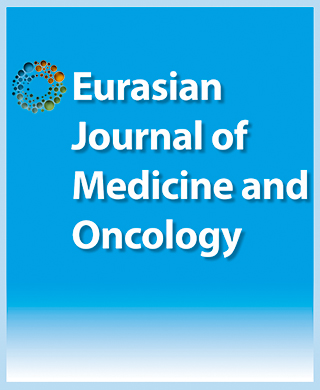

Ketogenic Diet as a Novel Treatment for Glioblastoma
Mohammad Hossein Mirbolouk1, Vahid Farzamirad21Department of Neurosurgery, Tehran University of Medical Science, Tehran, Iran, 2Department of Human Nutritional Sciences, University of Manitoba, Winnipeg, Canada,
Scientists are trying to develop combination therapies for the treatment of malignant diseases, such as glioblastoma, that will increase the survival rate and reduce the side effects. Studies have shown that the efficacy of the classic treatment for glioblastoma, surgical resection combined with chemotherapy and radiation, will be greater if the metabolism of cancer cells is modified by nutritional habits. A ketogenic diet with caloric restriction is a key strategy in killing tumor cells by decreasing the amount of glucose as a source of energy, suppressing oxidative stress in tumor cells, inhibiting the signaling pathways of tumor markers, and reducing tumor angiogenesis and growth factors. Moreover, the application of a ketogenic diet and caloric restriction reduces the side effects of the chemotherapy and radiation used in the treatment of cancer cells. Another advantage of a ketogenic diet in the treatment of glioblastoma is the accessibility and affordability of changing nutritional habits for all socioeconomic classes. In vitro and in vivo studies have shown the efficacy of a ketogenic diet, but more clinical studies are needed. Animal studies have demonstrated that a ketogenic diet increased the performance and survival of mouse models with malignant glioma. There are currently some pilot studies underway in the United States and Germany that will be completed by 2018.
Cite This Article
Mirbolouk M, Farzamirad V. Ketogenic Diet as a Novel Treatment for Glioblastoma. EJMO. 2017; 1(2): 55-60
Corresponding Author: Vahid Farzamirad



